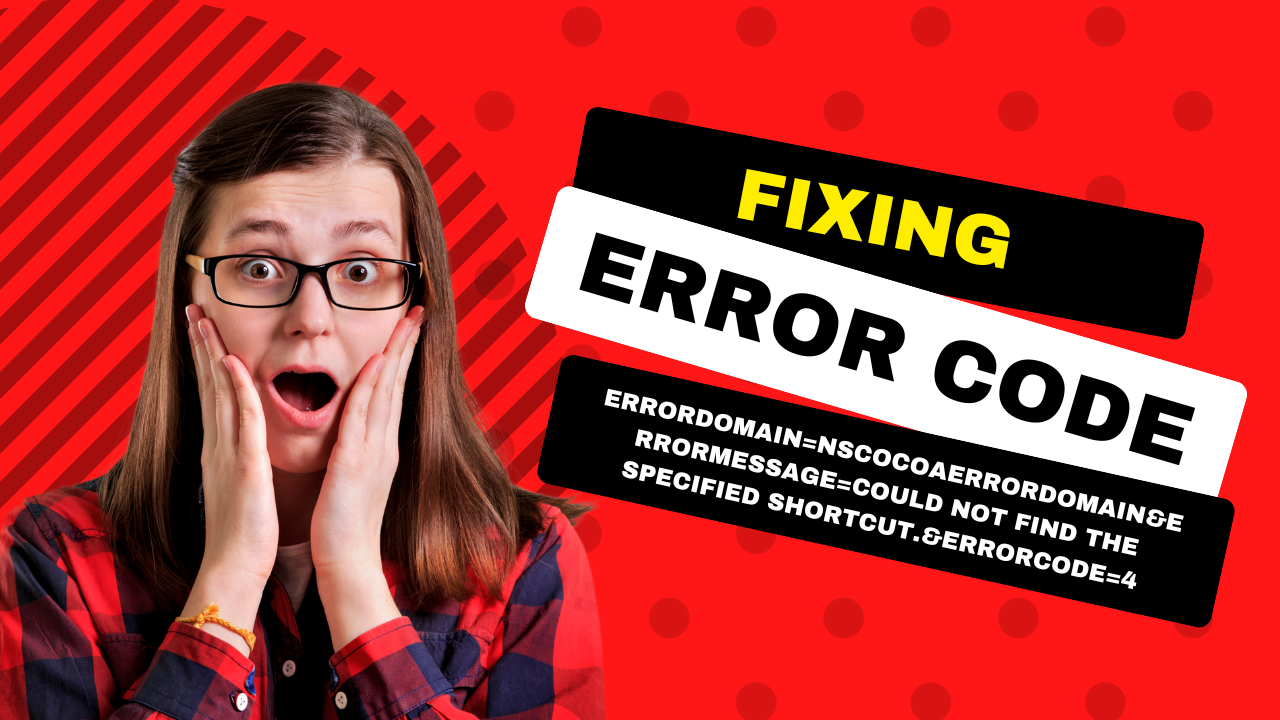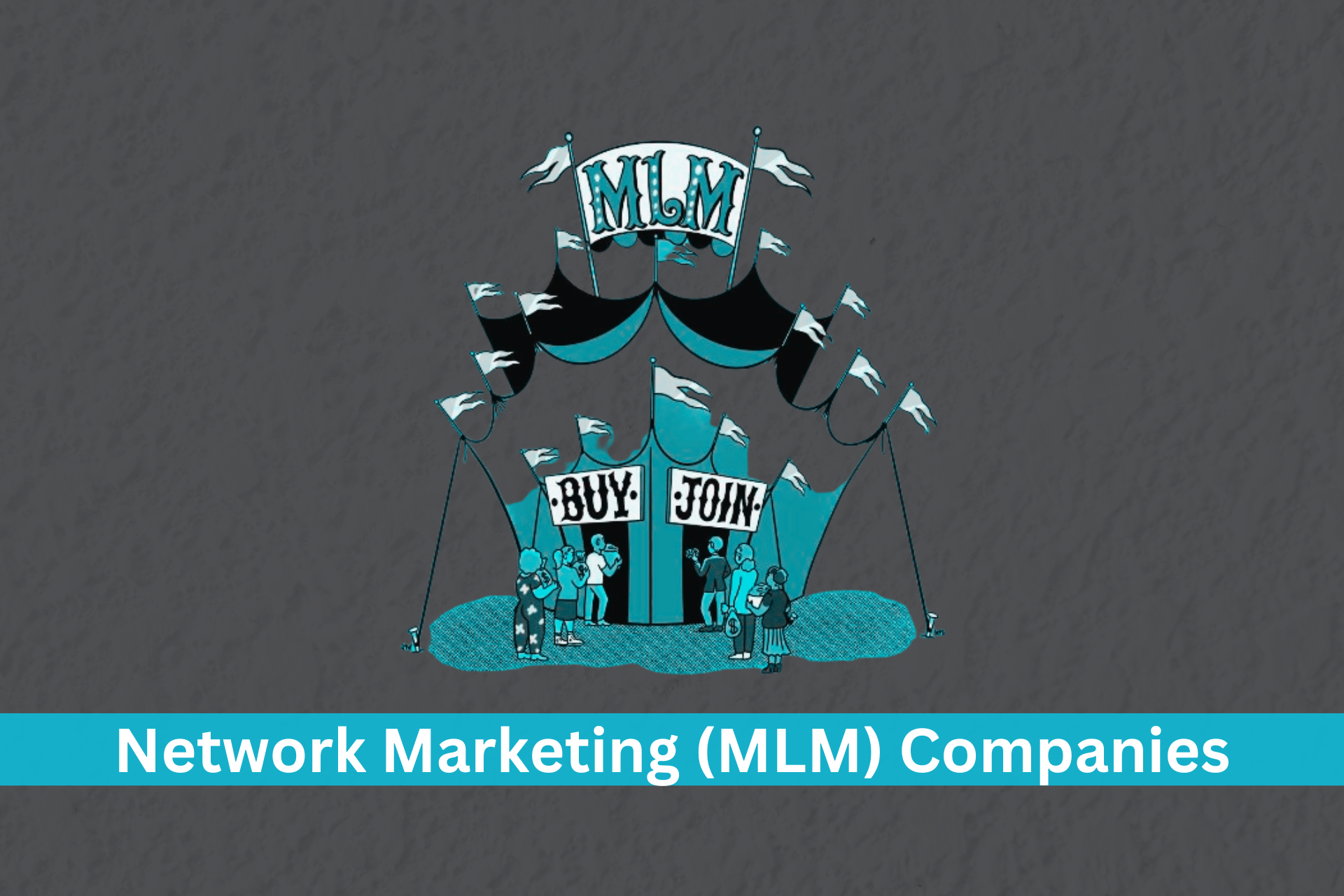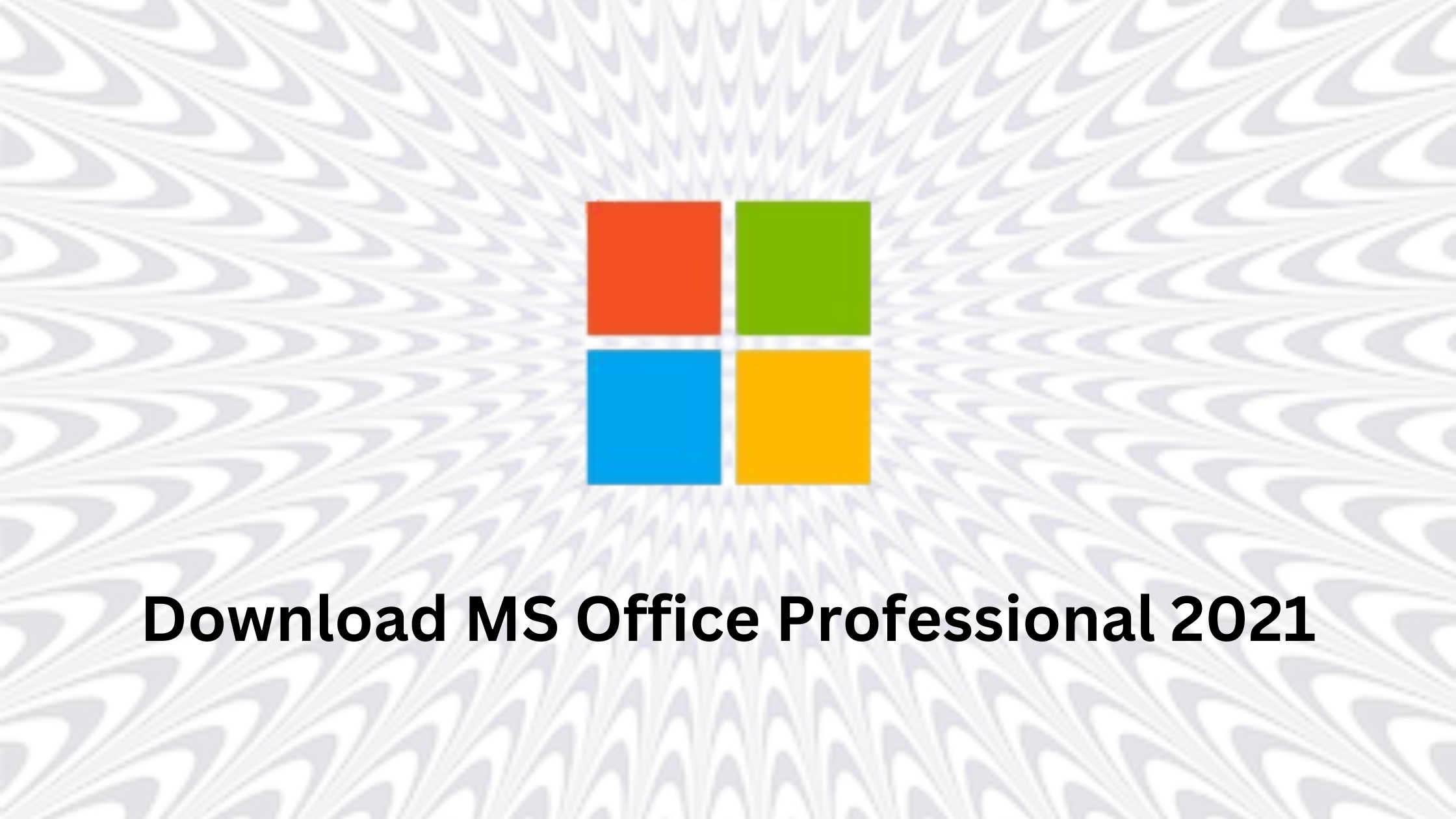Introduction
You may have heard about blockchain technology in the context of cryptocurrency, but did you know that it has the potential to revolutionize enterprise-level transactions as well?
In this article, we’ll explore the basics of blockchain technology and how it can be applied to business processes. We’ll also take a look at some of the challenges that must be addressed before blockchain can be successfully implemented in the enterprise setting. By the end of this article, you’ll have a better understanding of the potential of blockchain technology and how it can be used to streamline business operations.
What Is Enterprise Blockchain?
When most people think of blockchain, they think of cryptocurrencies like Bitcoin. But blockchain technology has a lot of potential applications beyond digital currencies.
In fact, enterprise blockchain is a term used to describe the use of blockchain technology in a business setting. This can include anything from developing a new system using blockchain technology to using blockchain to improve an existing system.
The key benefit of enterprise blockchain development is that it allows businesses to streamline their operations and improve transparency and communication between departments.
Benefits of Enterprise Blockchain Development
When it comes to enterprise blockchain development, there are many benefits to be had.
Some of the key benefits include:
- Increased efficiency and reduced costs
- Improved transparency and auditability
- More secure data sharing
- Faster transactions
Challenges of Enterprise Blockchain Development
The challenges of enterprise blockchain development are manifold. One of the primary difficulties is that blockchain technology is still in its early stages. As a result, it can be difficult to find developers with the requisite skills and knowledge to create a blockchain solution.
Another challenge is that there is no one-size-fits-all blockchain solution. Every business has its own specific needs, which means that a tailor-made blockchain solution must be created for each individual company. This can be a time-consuming and costly process.
Finally, there is the question of trust. In order for a business to adopt a blockchain solution, it must be confident that the developers who created it are reliable and trustworthy. This is not always an easy thing to determine.
Use Cases for Enterprise Blockchain Development
Once you’ve decided to build an enterprise blockchain application, the next step is to identify use cases that make sense for your business. Blockchain technology can be applied to a variety of industries, including finance, healthcare, and logistics.
In the finance industry, blockchain technology can be used to securely transfer money and manage financial transactions. In healthcare, it can be used to securely store patient records and ensure data accuracy. And in logistics, it can be used to track shipments and ensure that goods are delivered on time.
No matter what use case you’re looking for, it’s important to think about how a blockchain-based solution could help improve your business processes. By leveraging smart contracts, immutable data storage, and secure transaction processing, you may be able to reduce costs and increase efficiency.
Best Practices for Effective Enterprise Blockchain System Design
The fifth step in implementing a successful enterprise Blockchain system is effective system design. It’s essential that your system design is robust and offers flexibility and scalability to accommodate growth and change.
When it comes to designing a successful Enterprise Blockchain system, there are several best practices to consider:
- Make sure to focus on user experience by building secure, easy-to-use systems that are tailored to your users’ needs.
- Develop a clear governance model that outlines roles and responsibilities, as well as dispute resolution processes.
- Develop an open architecture so that it can be extended or modified as needed.
- Make sure the system is secure by using strong encryption, deterring malicious attacks, and maintaining high standards of data integrity.
- Integrate existing technology infrastructure with the new Blockchain system for seamless collaboration between systems.
For effective enterprise Blockchain system design, the key is to strike a balance between cost and scalability. By keeping these best practices in mind, you can ensure your enterprise Blockchain project is successful
What Should Organizations Consider When Choosing an Enterprise Blockchain Platform?
Choosing the right enterprise blockchain platform will determine the success of your distributed project, so it’s important to consider several factors. You’ll want to look for a platform that meets your technical requirements and ensures the scalability and security of data.
It’s also important to look for speed, reliability, and resilience when it comes to transactions. Make sure the blockchain platform you choose can support large volumes of transactions in a short period of time and can store an ample amount of data securely. Additionally, you’ll need to weigh the cost-effectiveness of the platform, as well as its ability to integrate with existing IT systems.
Finally, since an enterprise blockchain is decentralized and self-managed, you should pay special attention to the governance model it offers—consensus protocols are key components here. All these considerations will help ensure you select a platform that will enable your organization to develop applications efficiently while maximizing ROI.
Did you know “future of green blockchain technology”
Conclusion
So far, we’ve seen that the benefits of enterprise blockchain development can be significant. But what does that actually mean for businesses and their customers? How can companies tap into the potential of blockchain technology?
Blockchain technology can help companies streamline their operations, improve communication and collaboration, and create a more transparent and secure working environment. It can also help companies build trust with their customers, and provide a more secure and efficient way to conduct transactions.
In order to unlock the potential of enterprise blockchain development, businesses need to first understand the technology and how it can be applied to their specific needs. They also need to develop a clear strategy for implementing blockchain technology and make sure that their team has the necessary skills and expertise to execute it.

Deepak is the founder of Tech Webers, an expert in website development and SEO. He helped many start-up companies to grow their traffic and sales.







